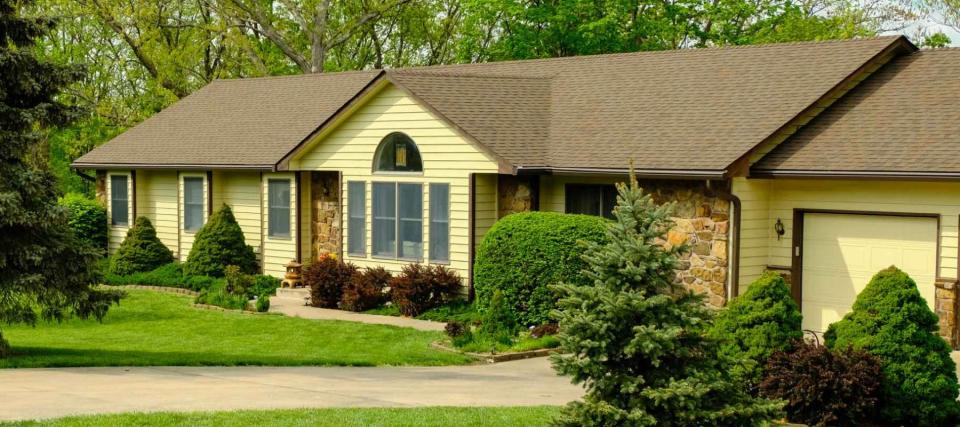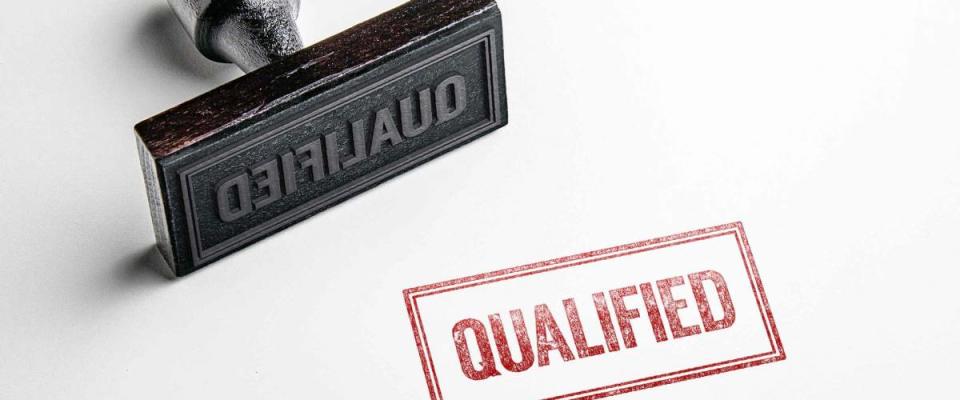With mortgage rates on the rise, is it too late to refinance your home?

Amid signs the economy is beginning to bounce back, average mortgage rates have risen sharply in recent weeks — and though ultra-low rates are still out there, they've become harder to find.
So what does that mean if you're a homeowner and have been considering refinancing your mortgage? Has that boat sailed?
Hardly.
“It’s never too late to refinance,” says Tendayi Kapfidze, chief economist for Lending Tree. Analysts say plenty of homeowners still stand to benefit from a refi, and that group may include you.
More than 11M remain good refinance candidates

Yes, the typical 30-year fixed mortgage rate is much higher now than it was at the beginning of 2021. But if you never took out a new loan during the recent refinance boom, it's wrong to assume a refi is no longer worth your while.
"A lot of people still don’t get it," Kapfidze says. "The important thing is what is your current rate and what rate can you get today based on market and personal circumstances?"
Some 11.1 million mortgage holders are still ripe for a refinance and could save an average $277 per month, says the mortgage technology and data provider Black Knight.
Furthermore, more than 2 million out of that group have the potential to cut their monthly payments by at least $400, and around 1.2 million have an opportunity to save $745 each month by refinancing, Black Knight says.
The firm considers you a good refi candidate if you have at least 20% equity in your home, are current on your mortgage payments and have a credit score of at least 720. You also should be able to shave at least three-quarters of a point (0.75) off your mortgage rate by swapping out your loan.
How’s your credit?

If you're not sure where your credit score stands, it's very easy these days to get a look at it for free.
For most people, buying a home is the largest purchase they’ll ever make. When you pay your mortgage on time and act responsibly with your other debt, you're likely to have a strong credit score that will help you land a low refinance rate.
Changes in your financial history can be helpful, too.
Consider this: If you originally borrowed 90% of your home’s value, your loan-to-value ratio — or LTV — may be much lower today depending on how long it’s been and how much equity you’ve built up in the house.
Say your house is worth $200,000, and the balance on your mortgage is now $150,000. In that case, your LTV would be 75%.
When your LTV has fallen, so has your risk profile in the eyes of lenders. You may have put yourself in a good position to refinance at a rate that would provide solid monthly savings.
Don't get the wrong idea about mortgage rates

The average rate on a 30-year fixed-rate mortgage has been rising for most of this year. It just hit 3.17%, a nine-month high, according to the closely watched survey from mortgage giant Freddie Mac.
Still, rates today are better than they were 20, 10 and even two years ago when the average rate topped 4%.
“Mortgage rates remain very low compared to historical norms,” says Ken H. Johnson, an economist at Florida Atlantic University’s College of Business, in a news release.
But LendingTree's Kapfidze says do the math to make sure one of today's historically low mortgage rates will, in fact, save you money.
If refinancing your mortgage will cost $3,000 in closing costs and save you $100 per month, you’ll need to stay in your house for 30 months to break even. If the refi will save you $50 per month, it will take 60 months.
So if you plan to remain in your house for years to come, it’s probably worth it.
Ready to refinance? Here's what to do

Once you decide to pursue a refinance, you'll want to look at mortgage offers. To find the best rate, it’s important to shop around by checking mortgage rates from multiple lenders.
Studies from both Freddie Mac and LendingTree have found that if you compare at least five loan offers, you'll save thousands more over time than a borrower who pounces on the very first offer without seeing others.
If you’ve been hunkering down during the pandemic, you probably haven’t been spending much on big purchases and fancy trips. In other words, you haven’t been stretching your credit — which should help your credit score and help you lock in an attractive mortgage rate.
Another way to save on your housing costs is to make sure you’re getting the lowest rate on homeowners insurance. Like you did for mortgage rates, comparison shop to get the best deal.
